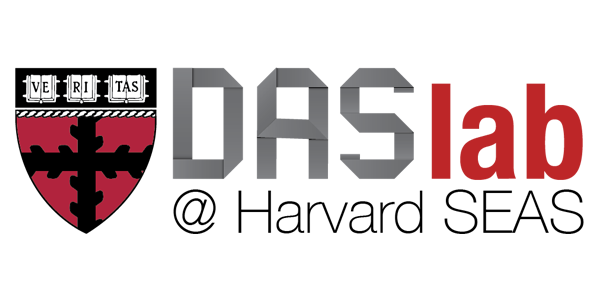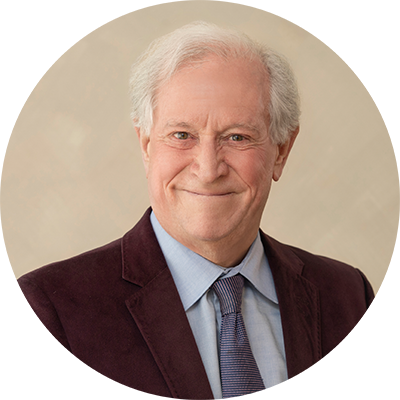Dr. Michael L. Brodie
Date : April 6, 2024
Dr. Michael L. Brodie
Michael Brodie is a visiting scholar in Computer Science at the Harvard John A. Paulson School of Engineering and Applied Sciences where his is a member of the Data Systems Laboratory (DASLab). His research focuses on data, artificial intelligence (AI), machine learning, and artificial neural networks, to better understand the technical, philosophical, social, economic, and political implications of these inscrutable topics.
Michael obtained a Ph.D. in AI and databases from the University of Toronto with a Doctor of Science (honoris causa) from the National University of Ireland. Before joining Harvard, he was a Research Scientist in the MIT Data Systems Group. For 26 years, Michael was the Chief Scientist of Verizon Communications, the world’s second largest telecommunications company. Michael has held fulltime and visiting computer science professorships in Canada, USA, Germany, France, Italy, Australia, and Ireland.
He has authored over 200 articles and seven books on advanced technologies, often collaborating with Turing Laureate Michael Stonebraker, and given over 100 keynote addresses. The Association of Computing Machinery has distributed 35,000 copies of his most recent book.
He has served on Scientific Advisory Boards of national and international research organizations including US National Academy of Sciences and over 20 startups. He chaired the Scientific Advisory Committee of Science Foundation Ireland Research Center for Data Analytics, Europe’s first and largest data science research institute.




